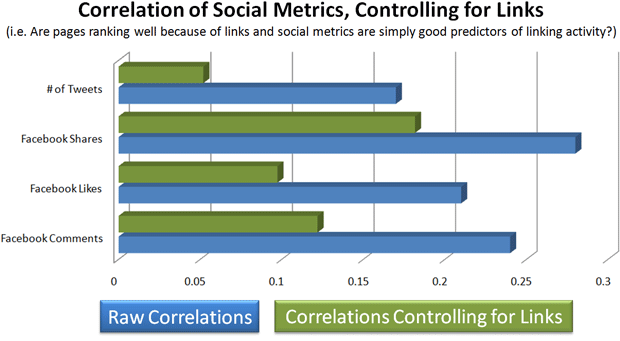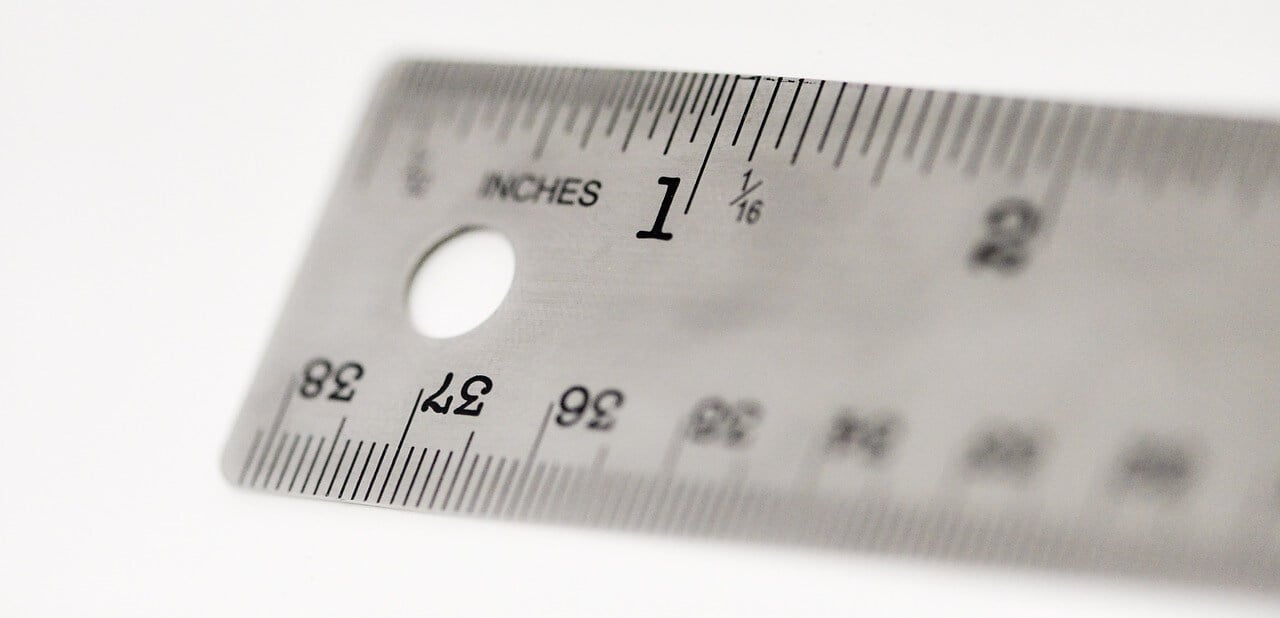author
Diona Kidd
"If more people like my business on Facebook, will my website rank better?" This question has been posed to me a few times very recently, so I became curious and decided to do a little research.
Lately, I hear often about businesses trying to get 'liked' more on Facebook to improve search rankings. I've been skeptical of this idea since I first heard it.
As SEO professionals, we know that inbound links count significantly in the search algorithms, as proven by countless studies and stated by Google itself. So more inbound links will positively affect search rankings. But will Facebook 'likes' positively influence rankings?
Spoiler alert: The answer, in a word, is no. However, there's a bit more to this idea than myth and a valuable marketing lesson to learn from the idea. Keep reading.
Since I haven't conducted a study myself, I started by looking for a study done by industry experts that I trust. I found such a study by Rand Fishkin on SEOMoz called "Facebook + Twitter's Influence on Google's Search Rankings". According to the study, done in August 2011, Facebook 'likes' are not as correlated to rankings as Facebook 'shares'. However, both metrics are surprisingly correlated to inbound links.

Rand's explanation of the image above:
In this chart, we examine the correlations of social data, controlling for links (in this case, specifically # of linking c-blocks). And yet, we still see a remarkable positive correlation between Facebook shares and higher rankings. Twitter, on the other hand, drops dramatically, potentially signalling that its influence as direct signal may not be as strong (though we must keep in mind this data is not causal).
NOTE: There are two caveats that Fishkin offers to this data that are important to keep in mind.
Thus, our first caveat is - correlation is NOT causation - the features we show below may indeed be directly influencing Google's ranking algorithm, but they also may just be artifacts or features that high ranking pages tend to have (though, we do know from their public statements that at least some data from these sources is influencing the results).
The second caveat is that results presented here are likely overly simplistic. A big takeaway for marketers should, thus, be - even if you're sure that a social metric is highly influential, spamming the heck out of it is probably a dumb way to try manipulating the rankings.
Facebook 'likes' appear to be correlated with rankings because they are correlated to inbound links. Facebook 'shares' are also correlated to inbound links. When you stop to think about this, it actually makes a lot of sense. If something is more 'likable' or 'sharable', it's logical that it's more 'linkable'. In other words, the content or page is more interesting so the behavior of linking to is natural.
Are 'likes' valuable? Yes, if they are genuine. This isn't new information. There's value in social proof and marketing to people that genuinely like your business. While it appears that Facebook activity, including likes, shares and comments, are correlated to creating inbound links, spamming or buying Facebook likes are a waste of time. Again, not a new discovery.
So What's the Bottom-Line?
Spending time getting likes on Facebook or buying likes doesn't directly result in better search engine rankings. If you're trying to get liked or - worse yet - paying to increase the number of "likes" on Facebook for ranking purposes, you want to rethink this.
As part of your social media strategy, spend your time creating content that is more sharable and naturally "liked". Being sharable creates awareness and visibility through conversations and inbound links.
.webp?width=900&height=548&name=wyatt-mobile%20copy%20(2).webp)


